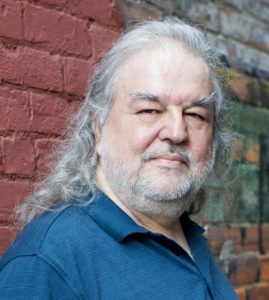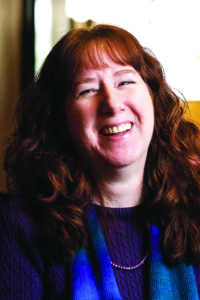In summer 2023, the International Organization For Standardization introduced the world’s first international plain language standard. Instead of the quiet summary of current plain language practices that people were expecting, the Standard is a major rethink of how to write clearly … and ethically. The Standard is language-neutral. Its core concepts can be applied to working in any language. Applying the four core principles of the new Standard to your work will have you rethinking how you edit. Also in summer 2023, Editors Canada adopted new Professional Editorial Standards, and for the first time, plain language is baked into our association’s standards. Both standards use the same approach to plain language. This webinar tells how to use the core concepts and principles of the new approach to plain language in your writing, and structural and stylistic editing work.
Presentateurs

Former Editors Canada President Greg Ioannou is on the ISO working group that developed the new international plain language standard and he co-chairs Editors Canada’s Standards Committee, where he helped rewrite our Standards. He’s been doing plain language writing and editing since 1984, when he edited the pension reform section of Ontario’s Provincial Budget so that pensioners could understand it. (He landed that gig through Editors Canada, by the way.) He’s been teaching plain language workshops to corporate and government clients since 1991. In 2006, Greg’s worked on a major plain language contract to rethink and update the City of Toronto’s document preparation methods. The City still uses the templates and techniques introduced at that time, and Greg smiles when he gets communications from the City that still use those document templates. (Well, maybe he doesn’t smile so much when he gets tax bills.)

Gael Spivak has been a plain language practitioner for many years. She is a key figure on the working group that wrote the ISO plain language standard and chairs the international committee that is helping countries to implement, translate, localize and adopt the standard. She adores squirrels (and rescues orphaned baby squirrels). She has a weakness for tiny books and stationery. And she is known for her large collection of articles on the history and use of the singular they in English.